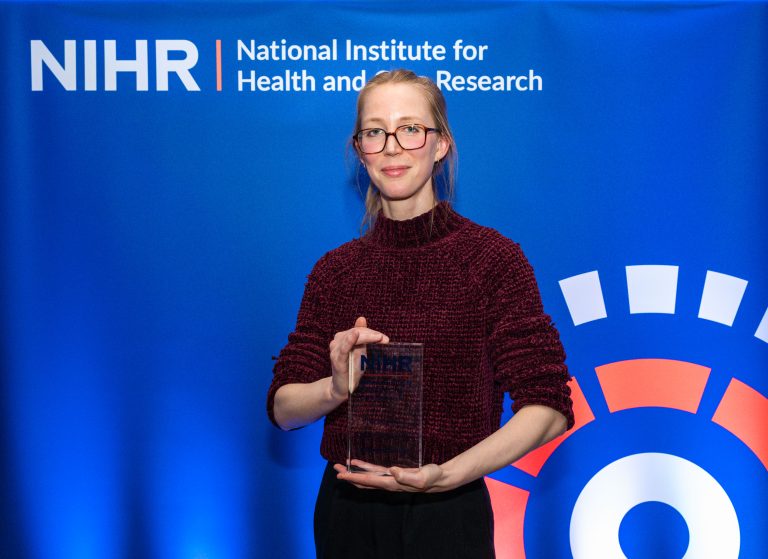Health Equity North directors respond to Spring Statement

Following the announcement of today’s (March 26, 2025) Spring Statement by Chancellor of the Exchequer Rachel Reeves MP, Health Equity North’s four Academic Co-Directors have issued a joint statement in response:
“The government’s ambition to cut £4.8billion from the welfare system by 2030 poses a serious threat to disabled individuals’ living standards and independence. These cuts risk deepening the hardship of those already struggling and will do nothing to help them secure stable employment. In fact, the ripple effects, especially the rise in child poverty will likely result in long-term costs far outweighing any short-term savings.
“As analysis from the Department for Work and Pensions today shows, these cuts will push over 250,000 people, including 50,000 children, into relative poverty by the end of the decade.
“Instead of targeting the most vulnerable, savings should come from those with the greatest ability to contribute. There are also growing concerns that these measures could exacerbate the ongoing mental health crisis.
“As evidenced in our Child of the North reports, young people, particularly in the North, continue to bear the long-term effects of the pandemic. We urge the government to adopt a more targeted approach to welfare, health, and social care investment to ensure young people are not left behind. Child poverty remains alarmingly high, especially in northern regions, yet today’s statement made no mention of scrapping the two-child benefit cap or investing in family hubs and children’s centres.
“The North of England suffers from disproportionately poor health, with a third of the productivity gap between the North and the South due to worse health in the North – costing £13.2bn a year in lost GVA.
“While increasing employment and productivity is vital, the real challenge lies in addressing structural health and economic inequalities. These disparities are trapping families in poverty, widening the North-South divide, and leaving northern communities at a disadvantage compared to the rest of the country.”
Professor David Taylor-Robinson, Professor Clare Bambra, Dr Luke Munford, Professor Kate Pickett
Health Equity North Academic Co-Directors





